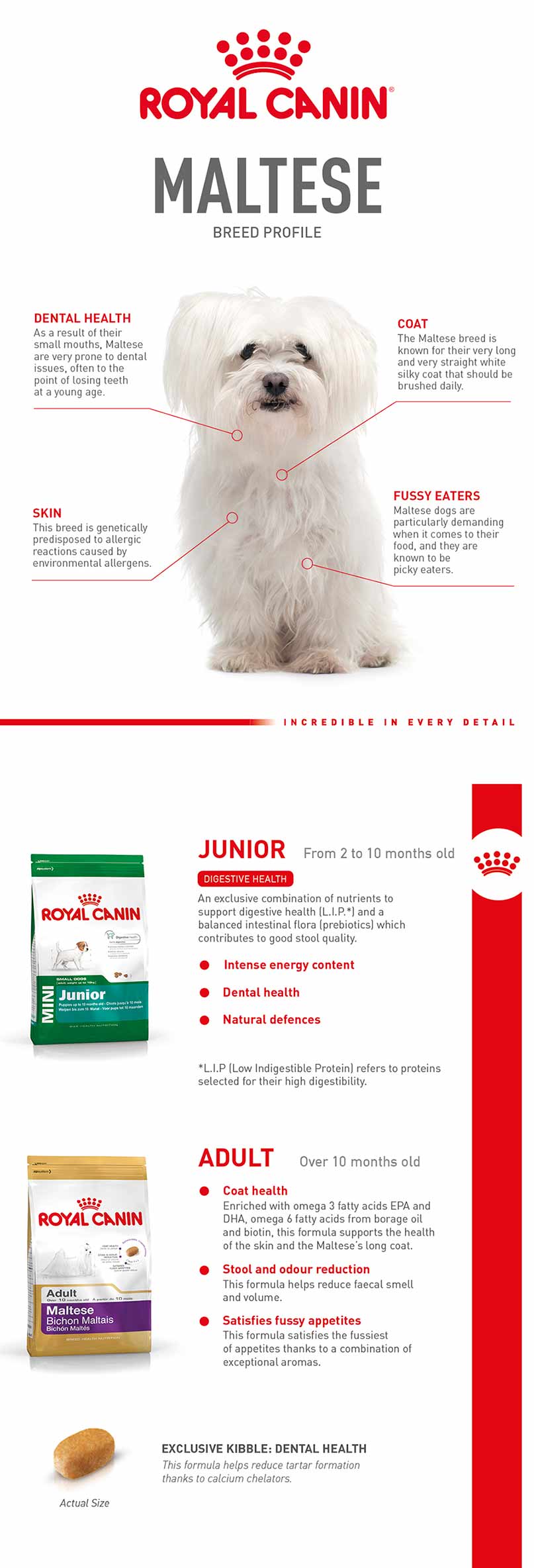Did you know that the food you choose to feed your Maltese puppy can have a significant impact on their overall health and well-being? From their shiny coat to their energy levels, what you put in their bowl matters more than you may think.
When it comes to feeding your Maltese puppy, it’s important to prioritize high-quality, nutritious food designed specifically for small breeds. These little dogs have unique dietary needs, and a balanced diet is key to their growth and development. Look for a puppy food that contains a good balance of protein, healthy fats, and carbohydrates. Additionally, consider the size of the kibble, as Maltese puppies have tiny mouths and may struggle with larger pieces. Providing them with the right nutrition from an early age can set them up for a healthy and happy life.

What Should I Feed My Maltese Puppy?
Welcome to our comprehensive guide on feeding your Maltese puppy! In this article, we will provide you with all the information you need to ensure that your furry friend receives a healthy and balanced diet. From the best types of food to serve to portion sizes and feeding schedules, we’ve got you covered. Let’s dive in and discover how to nourish your Maltese puppy for optimal health and happiness.
The Importance of a Balanced Diet for Maltese Puppies
A well-balanced diet is vital for the overall health and development of your Maltese puppy. Providing the right nutrients in the correct proportions will help support their growth, maintain a healthy weight, and promote a strong immune system. Additionally, a nutritious diet can contribute to a shiny coat, strong teeth, and healthy digestion. Let’s explore the key aspects of a balanced diet for your Maltese puppy:
1. The Best Types of Food for Maltese Puppies
When it comes to choosing the right food for your Maltese puppy, opt for high-quality commercial dog food that is specifically formulated for puppies. Look for options that contain real meat as the primary ingredient, along with a blend of whole grains, fruits, and vegetables to provide essential vitamins and minerals. Avoid dog foods that contain artificial preservatives, colors, or flavors as these can be harmful to your pup’s health. Additionally, it’s important to consult with your veterinarian to determine if your Maltese puppy requires any special dietary considerations or has food sensitivities.
2. Establishing a Feeding Schedule
Establishing a regular feeding schedule is crucial for your Maltese puppy’s health and well-being. Aim to feed your puppy at the same times each day to promote a consistent eating routine. For younger Maltese puppies, it’s recommended to feed them three to four small meals throughout the day to meet their energy requirements. As your puppy grows, you can gradually transition to two meals per day, typically in the morning and evening. Avoid leaving food out all day, as this can lead to overeating and potential weight gain. Remember to always provide fresh water for your puppy to stay hydrated.
3. Portion Control and Monitoring Weight
Portion control is essential for maintaining your Maltese puppy’s weight within a healthy range. Follow the feeding guidelines provided on the dog food packaging, taking into consideration your puppy’s age, weight, and activity level. Keep in mind that individual puppies may have different metabolic rates, so it’s important to monitor your puppy’s weight and adjust portion sizes accordingly. If you notice excessive weight gain or loss, consult with your veterinarian for guidance on adjusting the feeding amounts.
4. The Role of Treats in Your Maltese Puppy’s Diet
Treats can be a fun and rewarding part of your Maltese puppy’s diet, but it’s essential to choose them wisely. Opt for small, low-calorie treats that are specifically made for puppies. Avoid giving your puppy table scraps or treats that are high in fat, sugar, or artificial ingredients as these can lead to weight gain and digestive issues. Remember, treats should only make up a small portion of your puppy’s daily caloric intake and should not replace their regular meals.
5. Nutritional Supplements for Maltese Puppies
While a balanced diet should provide all the necessary nutrients for your Maltese puppy, there may be instances where your veterinarian recommends specific nutritional supplements. These supplements could include omega-3 fatty acids for a healthy coat, joint supplements for optimal bone and joint development, or probiotics for improved digestion. Always consult with your veterinarian before introducing any supplements to ensure they are safe and appropriate for your puppy.
What Should I Feed My Maltese Puppy?
- Feed your Maltese puppy a high-quality, age-appropriate dog food.
- Choose a dog food that contains a balance of protein, carbohydrates, and fats.
- Avoid feeding your Maltese puppy human foods that can be harmful, such as chocolate, grapes, or onions.
- Provide fresh water at all times for your Maltese puppy.
- Consult with your veterinarian to determine the best feeding schedule and portion sizes for your Maltese puppy.
Frequently Asked Questions
Are you wondering what to feed your maltese puppy? Check out these commonly asked questions to ensure your furry friend gets the right nourishment!
1. How do I choose the right food for my maltese puppy?
When it comes to selecting the right food for your maltese puppy, opt for high-quality, commercially prepared puppy food. Look for a product specifically formulated for small breeds or puppies to ensure it meets their nutritional needs. It should contain a healthy balance of protein, fat, carbohydrates, vitamins, and minerals.
It’s also important to consider your puppy’s age, any specific dietary requirements, and consult with your veterinarian to determine the best food option for your maltese puppy.
2. Can I feed my maltese puppy homemade food?
While some pet owners choose to feed their maltese puppies homemade food, it’s crucial to ensure a balanced and complete diet. Consult with your veterinarian or a veterinary nutritionist to create a well-balanced homemade diet plan that meets all your puppy’s nutritional needs. Homemade food should include lean protein sources, fruits and vegetables, and whole grains.
Ensure that the homemade food is free of spices, seasonings, and ingredients that can be harmful to dogs. It’s important to note that homemade diets require careful planning and monitoring to avoid nutritional deficiencies or imbalances.
3. How often should I feed my maltese puppy?
Maltese puppies have tiny stomachs, so it’s recommended to feed them small meals throughout the day. Divide your puppy’s daily recommended amount of food into 3-4 meals. This helps prevent overeating, reduces the risk of hypoglycemia, and aids in digestion.
As your maltese puppy grows, you can gradually transition to feeding them two meals a day. Remember to monitor their weight and adjust the portion sizes accordingly to ensure they maintain a healthy weight.
4. Can I give my maltese puppy treats?
Yes, you can give your maltese puppy treats, but it’s important to do so in moderation. Treats should not exceed 10% of their daily calorie intake. Choose treats specifically designed for puppies or small breeds to ensure they are easy to chew and digest.
Avoid giving your maltese puppy table scraps, as some human foods can be toxic to dogs. Stick to healthy, puppy-friendly treats as an occasional reward for good behavior or during training sessions.
5. Should I transition my maltese puppy to adult dog food?
It’s important to transition your maltese puppy from puppy food to adult dog food at the right time. Most maltese puppies can switch to adult food at around 12 months of age. However, larger maltese dogs may benefit from staying on puppy food for a longer period.
Consult with your veterinarian to determine the appropriate time to transition your maltese puppy to adult food and select a high-quality adult dog food that meets their nutritional needs.

Summary
Trying to figure out what to feed your Maltese puppy? Here are some key points to remember:
First, choose a high-quality puppy food that is specifically formulated for small dog breeds. Look for brands that contain real meats and avoid ones with fillers or artificial ingredients.
Next, establish a feeding schedule to ensure your puppy gets the right amount of food each day. Puppies should be fed small, frequent meals to support their growth and development.
Remember to provide fresh water at all times and avoid feeding your puppy table scraps, as it can lead to nutritional imbalances.
Lastly, consult with your veterinarian for any specific dietary recommendations or concerns regarding your Maltese puppy.
Feeding your Maltese puppy properly will help keep them healthy, happy, and full of energy!
